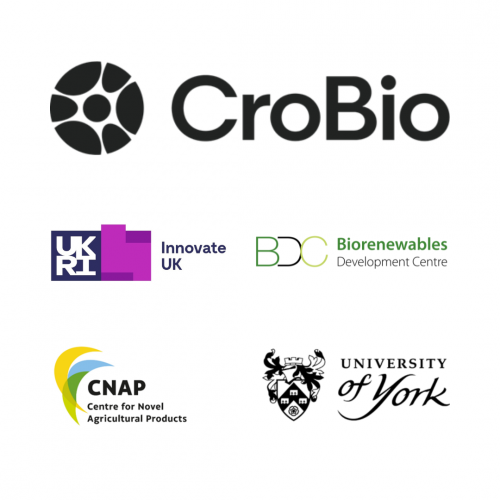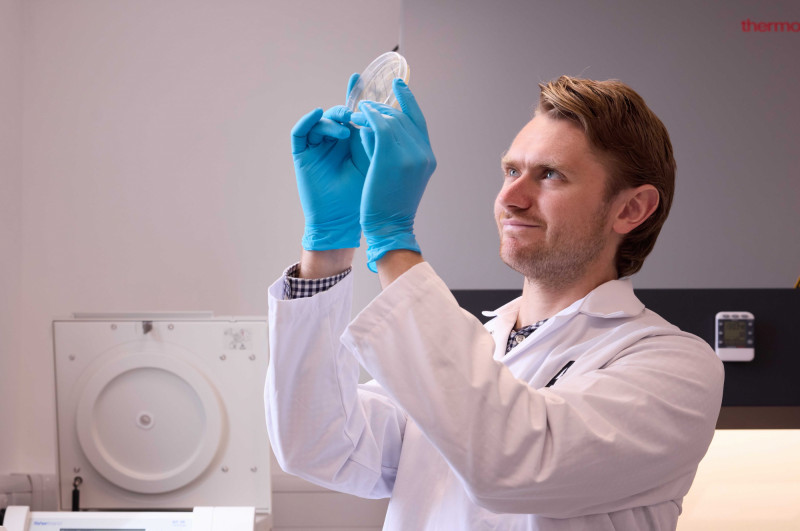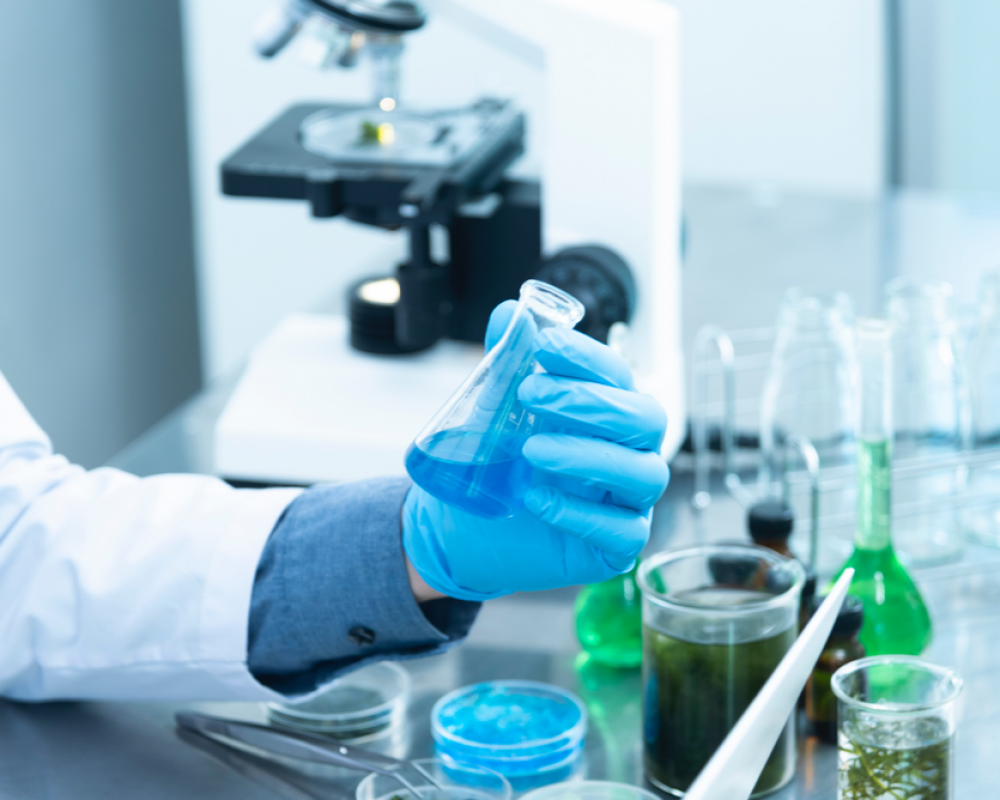
BDC and University of York join forces with CroBio to tackle soil degradation in £670k Defra-backed project

The Biorenewables Development Centre (BDC) and the University of York have partnered with agricultural technology startup CroBio in a £670k (€0.8M) project funded by the Department for Environment, Food and Rural Affairs (Defra)'s Farming Innovation Programme and supported by Innovate UK. The initiative will set out to enhance CroBio's groundbreaking living soil amendment, a breakthrough technology designed to improve nutrient preservation, water retention, and carbon sequestration in agricultural soil.
The project brings together CroBio, the University of York's plant and soil scientists, and the BDC's scale-up expertise in a collaborative effort to advance sustainable farming practices. The technology, which requires only one application per growing season, has demonstrated remarkable results in initial trials, including a 100% improvement in water retention in sandy soil under greenhouse conditions.
Dr. Daniel J Upton, Senior Scientist at CroBio, said:
This collaboration addresses key challenges facing agriculture. Our technology has the potential to provide farmers with a cost-effective solution for water and nutrient management in agricultural soils and decrease dependency on fertilisers. This project will support the development of solutions that have benefits for both agriculture and the environment with applicability across widespread territories.


Deborah Rathbone, Bioscience Innovation Team Leader at the Biorenewables Development Centre, said:
The BDC is excited to partner with CroBio in scaling up this innovative technology. As well as providing project management, we'll be developing the technology for glasshouse and field trials to validate its effectiveness in real-world conditions. By combining our expertise in bio-based applications with CroBio’s pioneering approach to soil health, we're working to address some of the most pressing challenges in modern agriculture.
Dr Andrea Harper, Senior Lecturer at CNAP, University of York, said:
We are thrilled to be part of this groundbreaking research project. Our role will be to rigorously evaluate this innovative product in the glasshouse, analysing its impact on plant growth and soil health. These insights will guide its progression to field trials, ensuring a thorough and science-backed assessment.
The technology works by introducing living microbes that produce bacterial cellulose, creating a natural scaffold around plant roots that can hold up to 1,000 times its weight in water. This process not only improves water retention but also enhances nutrient availability and promotes carbon sequestration in the soil.
With global concerns about soil degradation, water scarcity, and the environmental impact of chemical fertilisers, innovations in soil health management are becoming increasingly critical. This technology offers a sustainable solution that could help farmers adapt to climate change while reducing their environmental footprint, setting a new standard for agricultural practices across the UK and beyond.
About CroBio
CroBio – led by co-founders Wayne Mulhall and Ross Mulhall – is a start-up biotechnology company focused on soil regeneration, on a mission to provide farmers with enhanced soil microbes that enables sustainable agriculture. Ranked among the top 5 companies globally for soil health and biodiversity by the THRIVE Global Impact Challenge, CroBio closed its Seed Round of $1.55 million in 2024, led by The Grantham Foundation for the Protection of the Environment - bringing their total funding to date to $3 million.
About the University of York
The University of York (UoY) will support the project through the Centre for Novel Agricultural Products (CNAP) and the Department of Environment and Geography.
Located in the Department of Biology, CNAP is a centre of excellence where leading researchers investigate fundamental processes driving biological systems with the aim of realising the potential of plant, microbial and algal-based renewable resources. The Department of Biology is one of the UK’s leading university biological sciences departments which ranked 9th in the UK for research excellence in the most recent (2021) UK REF. The Department of Environment and Geography prides itself on working on real world problems and collaborating with non-academic stakeholders to facilitate solutions. This is evidenced by the Department’s research being ranked second for impact in the Earth Systems and Environmental Science category of the most recent (2021) UK REF.
